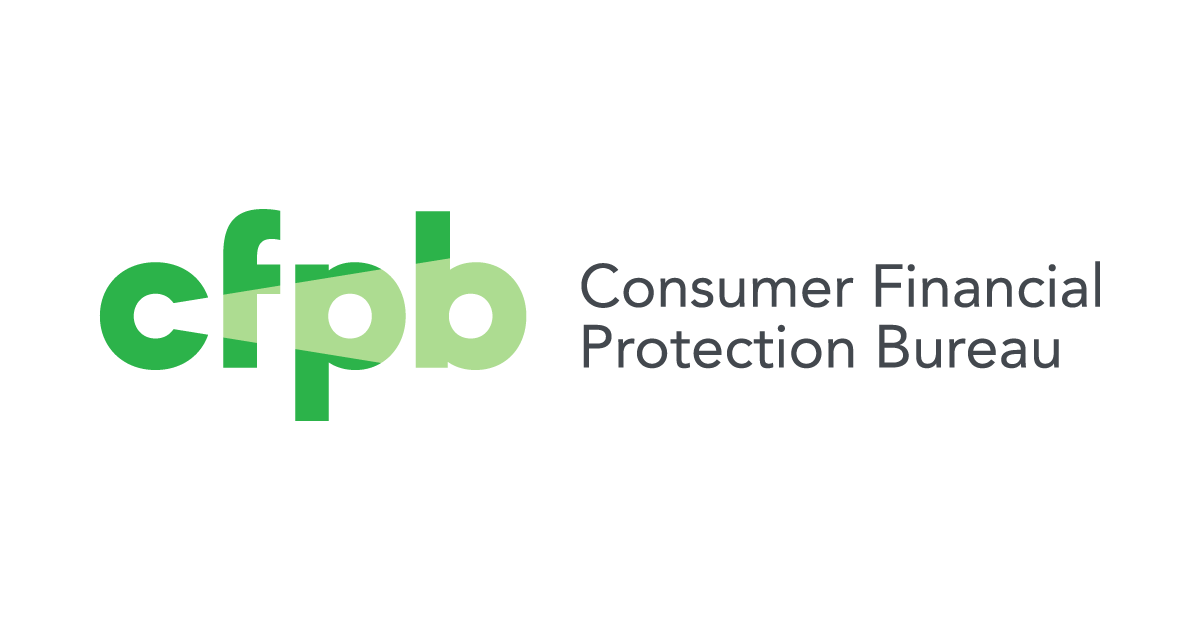Summary
The Fair Debt Collection Practices Act (FDCPA), which became effective March 20, 1978, is the main federal law that governs debt collection practices. The FDCPA prohibits debt collection companies from using abusive, unfair or deceptive practices to collect debts. The Dodd-Frank Act granted rulemaking authority under the FDCPA to the CFPB and, with respect to entities under its jurisdiction, granted authority to supervise for and enforce compliance with the FDCPA.
The FDCPA and Regulation F, among other things:
- Set limitations for debt collectors’ acquisition of location information and communications in connection with debt collection;
- Prohibit harassment or abuse, false or misleading representations, and unfair practices;
- Prohibit certain other practices;
- Create a procedure for the validation of debts and a model form to notify a consumer of a debt;
- Set requirements for the sending of required disclosures, including disclosures sent electronically; and
- Require record retention.
Official news published at https://www.consumerfinance.gov/compliance/supervision-examinations/fair-debt-collection-practices-act-fdcpa-examination-procedures/
Images courtesy of PixaBay


